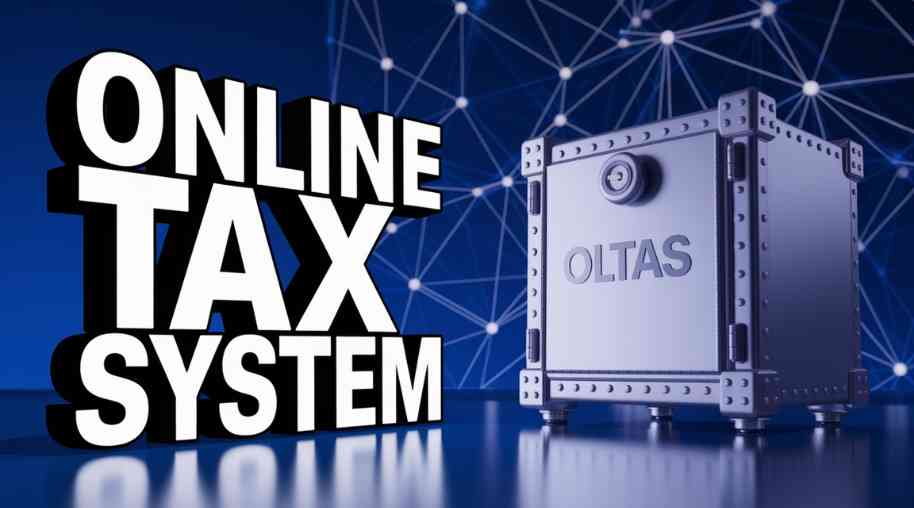OLTAS Full Form-Online Tax Accounting Systems
by Shashi Gaherwar
0 1780
Online Tax Accounting Systems: Benefits, Features, and Best Practices
Online tax accounting systems transform tax management by automating calculations, ensuring compliance, and streamlining reporting for businesses and individuals. This article explores their benefits, features, popular platforms, and best practices for effective use.

What is an Online Tax Accounting System?
An online tax accounting system is a cloud-based software solution that simplifies tax tasks like filing, calculations, and reporting. Using automation and AI, it supports income tax, GST/VAT, corporate tax, expense tracking, audits, and real-time financial insights.
Key Benefits of Online Tax Accounting Systems
Online tax systems offer:
- Automation/Accuracy: Reduces errors with automated calculations and compliance.
- Time Efficiency: Speeds up filing and reduces paperwork via software integration.
- Cost Savings: Minimizes consultant costs and penalties.
- Real-Time Insights: Tracks expenses and enhances tax planning.
- Secure Storage: Protects records in the cloud.
- Multi-Tax Support: Handles GST, VAT, and income taxes globally.
- Integration: Syncs with bank accounts and payroll software.
Key Features of an Online Tax Accounting System
Online tax systems include:
- Automated Calculations: Computes liabilities and deductions.
- E-Filing: Submits returns and ensures compliance.
- Multi-User Access: Enables team collaboration.
- Deduction Tracking: Identifies tax-saving opportunities.
- Analytics: Generates tax summaries and audit trails.
- Encryption: Secures data against cyber threats.
- Software Integration: Connects with QuickBooks, Xero, or Zoho Books.
- Mobile Access: Manages taxes on the go.
How to Choose the Best Online Tax Accounting System
Select a system based on:
- Ease of Use: Prioritize user-friendly interfaces.
- Compliance: Ensure alignment with local tax laws.
- Cost/Features: Balance pricing with functionality.
- Support: Seek 24/7 assistance and onboarding.
- Integration: Confirm compatibility with existing tools.
- Security: Require encryption and multi-factor authentication.
- Scalability: Choose systems that grow with your needs.
Best Practices for Using Online Tax Accounting Systems
Maximize system use by:
- Updating Records: Keep financial data current.
- Automating Transactions: Streamline payroll taxes.
- Scheduling Payments: Avoid penalties with timely payments.
- Reviewing Reports: Check monthly for compliance insights.
- Enhancing Security: Enable multi-factor authentication.
- Backing Up Data: Store securely in the cloud.
- Consulting Experts: Seek advice for complex taxes.
Popular Online Tax Accounting Systems
Top platforms include:
- QuickBooks Online: Ideal for small businesses with easy tax features.
- Xero: Suits mid-sized firms with integrated filing.
- TurboTax: Streamlines individual filings and deductions.
- Zoho Books: Excels in GST/VAT compliance.
- FreshBooks: Simplifies invoicing for startups.
- Sage Business Cloud: Offers advanced compliance for large firms.
Online tax accounting systems enhance tax efficiency with automation, real-time insights, and secure storage. Selecting a tailored platform and following best practices ensures compliance and financial success.
Further Learning Resources
If you’re passionate about building a successful blogging website, check out this helpful guide at Coding Tag – How to Start a Successful Blog. It offers practical steps and expert tips to kickstart your blogging journey!
For dedicated UPSC exam preparation, we highly recommend visiting www.iasmania.com. It offers well-structured resources, current affairs, and subject-wise notes tailored specifically for aspirants. Start your journey today!

Share:








Comments
Waiting for your comments